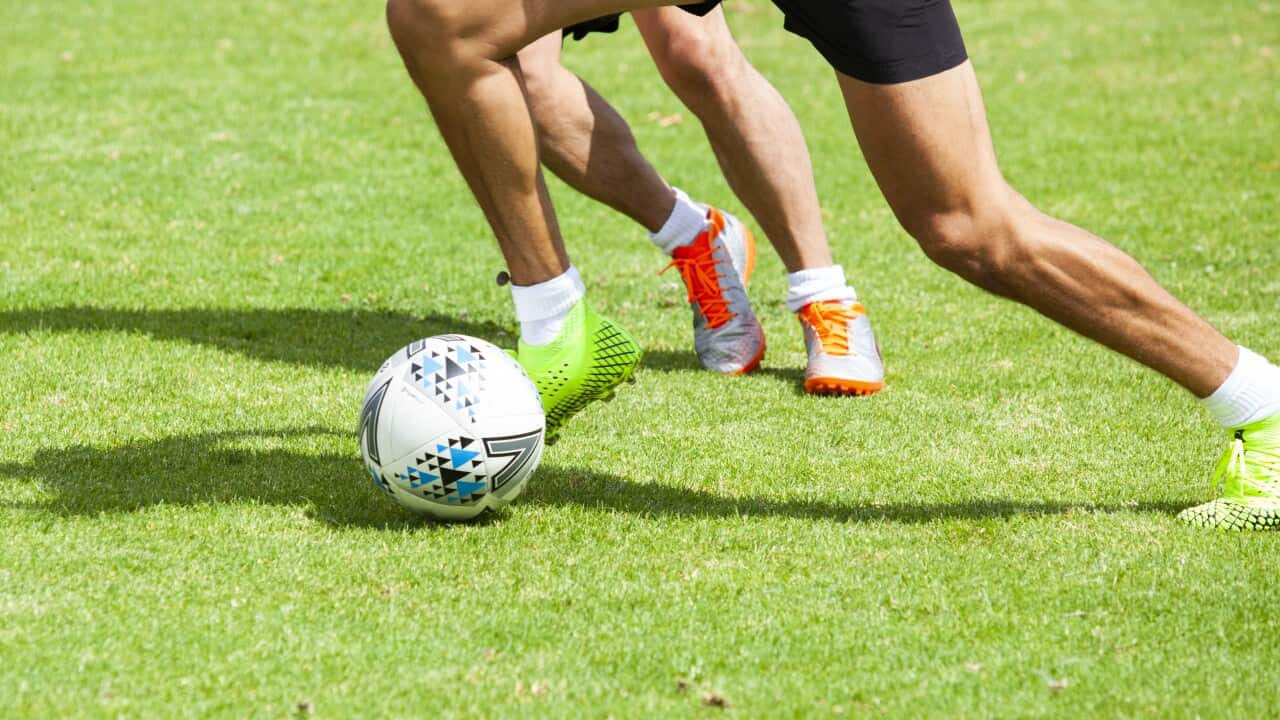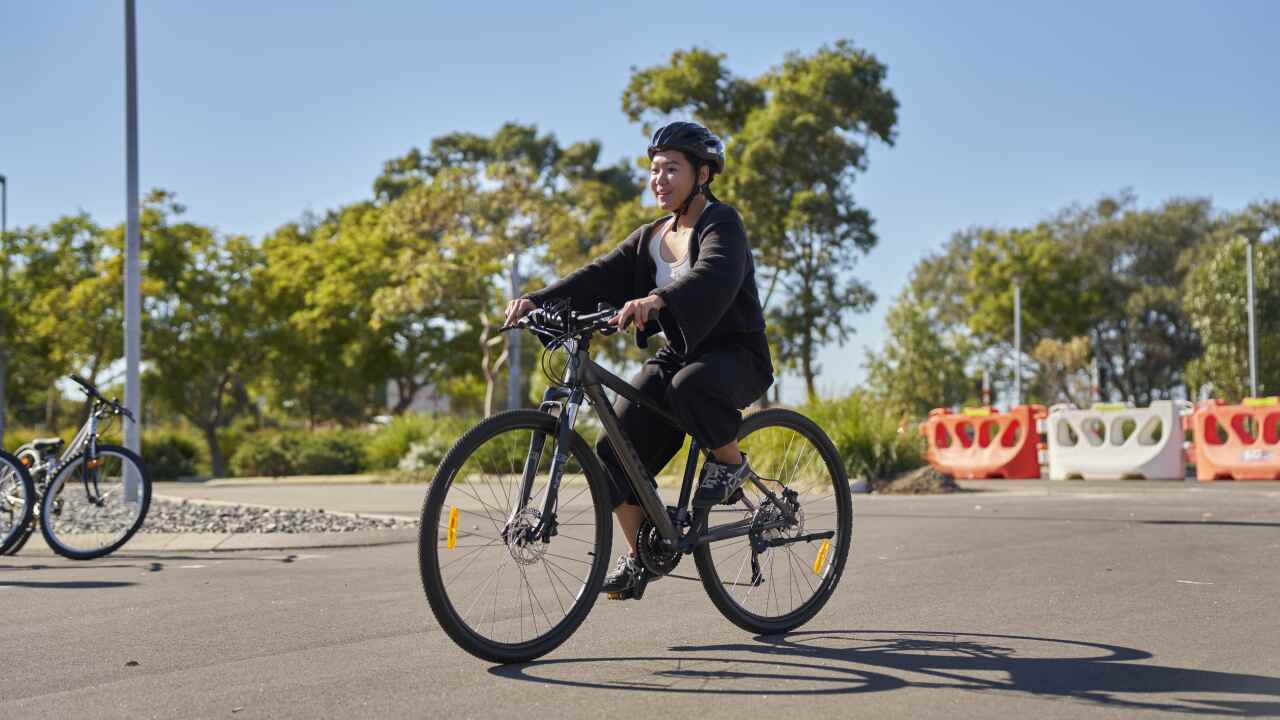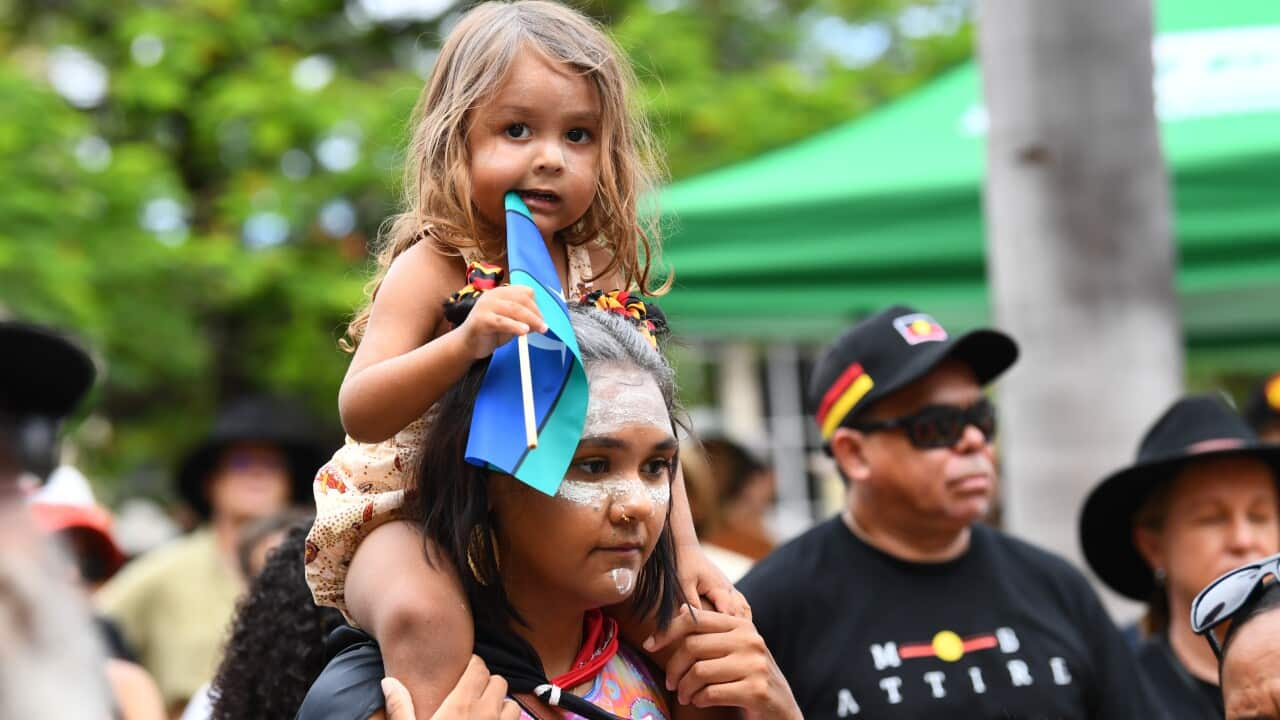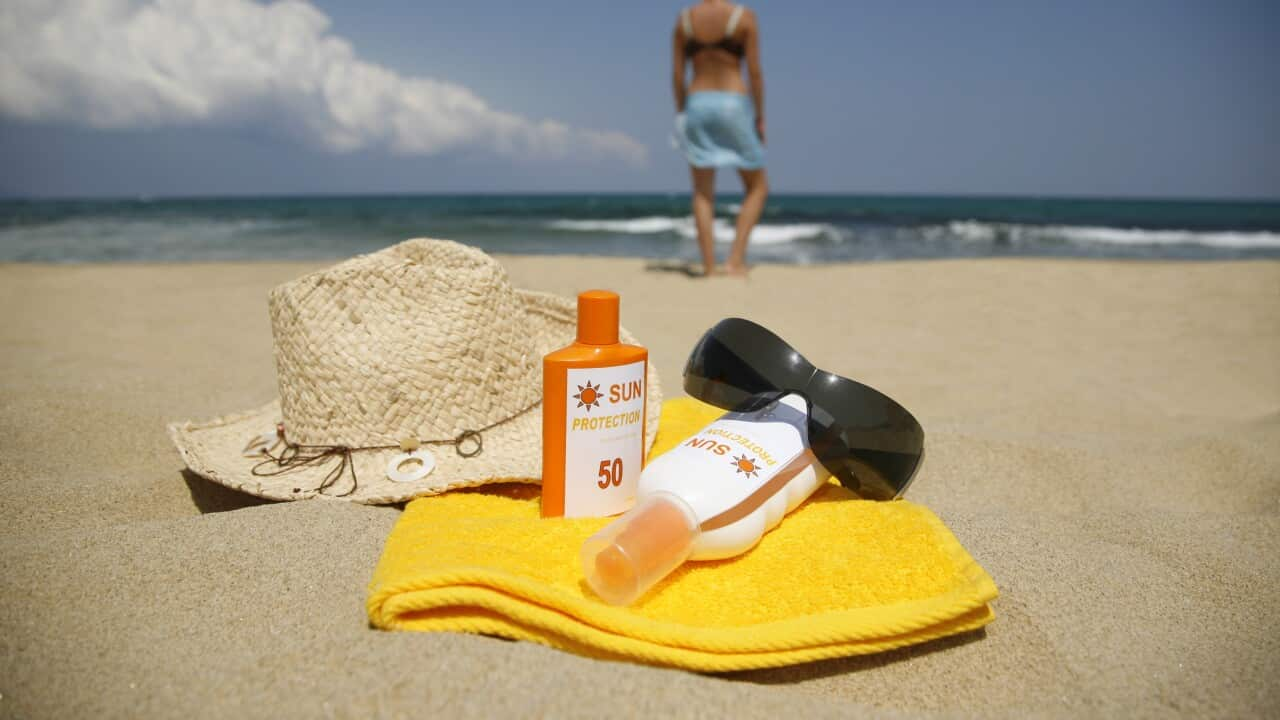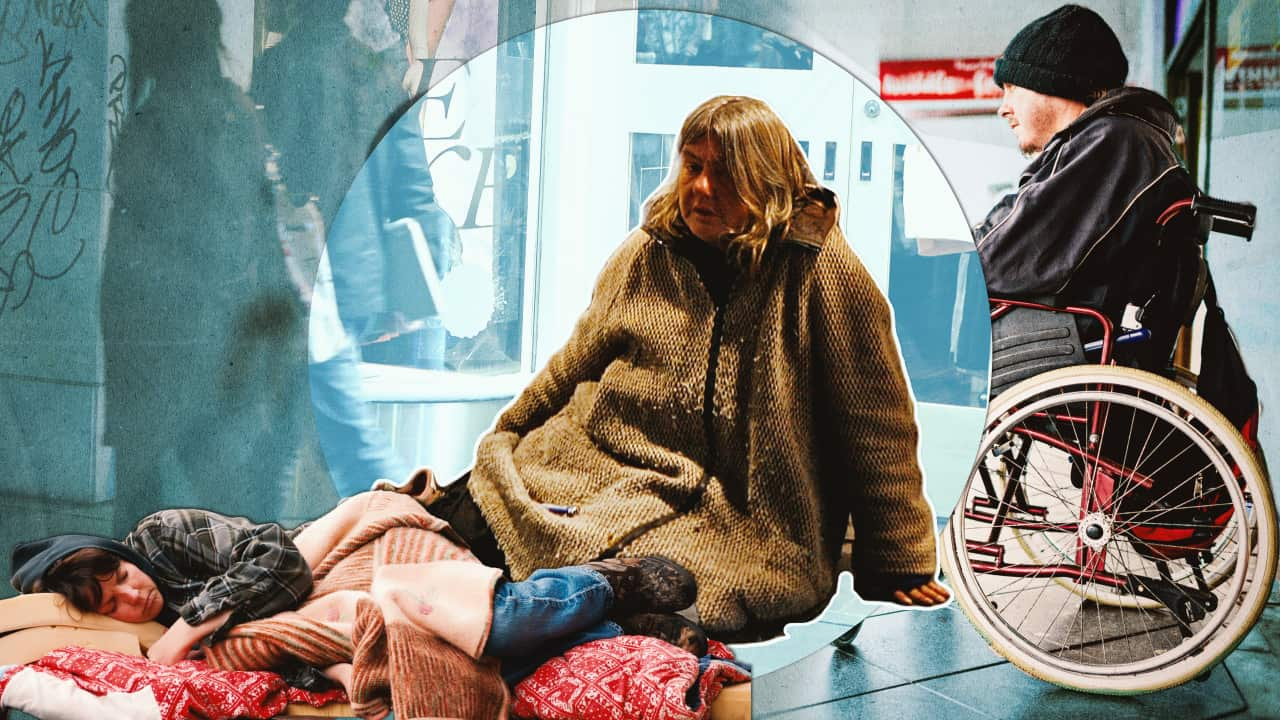A council soccer pitch in the city has become the home of a place of cultural exchange and diversity.
MSS evolved out of a casual group of people ‘looking for a kick on a Saturday’, says co-founder Michael McArthur. It’s now one of the largest social soccer clubs in Victoria.
What became evident was that the players were mostly international students, backpackers and newly arrived migrants. They had discovered a safe, friendly place to meet people and do something that they’d done back home, says Mr McArthur.
We don’t train. We just turn up on a Saturday or during the week. It’s a fun game, it’s competitive, but we’re not playing for any ultimate purpose.Michael McArthur, MSS co-founder
Games cost around $10 and you can join regardless of skill or fitness level. Although you must be 18 for insurance purposes, MSS players range from their 20s to 50s.
People join for reasons beyond the obvious fitness benefits. Many socialise after a game, and the rapidly growing Saturday women’s group has become very tight knit.

Women playing basketball Credit: Getty Images/Peathegee Inc
How does sport benefit multicultural women?
Women from multicultural backgrounds are finding pathways into sport thanks to people like Molina Asthana, Founder of (MWIS).
Through sport, MWIS promotes empowerment, wellbeing and sense of belonging to the community. It tackles social, cultural, economic and access barriers.
“These vary from culture to culture but for most of the communities, it’s the gender norms and the traditional role of women in societies,” says Ms Asthana.
"The existing culture in sporting clubs can be predominantly male-dominated, Anglo-Saxon, sometimes alcohol-driven. This can be quite daunting for women of diverse backgrounds. There are also economic barriers so sport is the last thing on their list of priorities."

Kayakers Credit: Getty Images/Robyn Wood
Ms Asthana passionately advocates for women in sport as a way of adjusting to the Australian way of life and work.
It gives you confidence, self-esteem and empowers you. It helps you overcome issues of isolation and depression in a new country, find peer support from sporting groups, develop comradery, and get the support, strength and self-belief sometimes to come out of abusive relationships. It also challenges gender norms predominant in some of these cultures.Molina Asthana, Founder of Multicultural Women in Sport (MWIS)

Community soccer Credit: Melbourne Social Soccer
What are the benefits for young people?
Organisations such as the run sports programs for newly arrived young people aged 12 to 25 to build a sense of belonging, and to develop connections in the local community.
Jay Panchal, Sports and Recreations Project Officer at CMY, says sport provides good insight into the local community as it is such an engrained part of Australian society.
The benefits include meeting new friends, getting connected to local employment opportunities through your local sports clubs, and it’s also just a great physical and mental tool for young people.Jay Panchal, Sports and Recreations Project Officer at CMY
One CMY afterschool sports initiative is part of a Youth Transition Support Program in Melbourne’s Hume area, collaborating with a local leisure centre to provide futsal, volleyball, basketball and swimming.
The Centre offers soccer and basketball coaching accreditation and umpiring courses, with the aim of developing sports career pathways for young people.
CMY’s sports programs are all-inclusive, supporting young people of all abilities. For people with a disability they will connect with partners such as Wheelchair Basketball, Disability Sports Victoria and Welcoming Australia who have specific all-abilities programs.

Running group Credit: Getty Images/Belinda Howell
Find the sport for you
Community sports are usually free or low-cost.
If you’re a young person, your school is a great place to start as it has a good knowledge of your local community. Ask your friends how they got involved and contact youth organisations in your area.
Councils connect people of all ages and abilities to local sports clubs and activities.
Social media is of course a great resource.
“The majority of people discover us through Meet Up,” says Michael McArthur. “That’s where you sign up and pay for your game each week.”
From dragon boat racing to pickleball, the options are endless.
“There are organisations that run cycling groups. There’s Bushwalking Australia. There’s Parkrun,” says Molina Asthana.
“Community groups will sometimes combine sport with social activities. Just find a local group in your area and join whatever sport takes your fancy.”
Staying active regularly is important for everyone’s wellbeing, no matter how young or old. But the intensity and depending on age and physical circumstances. Always check with a healthcare professional before commencing a new exercise routine.
